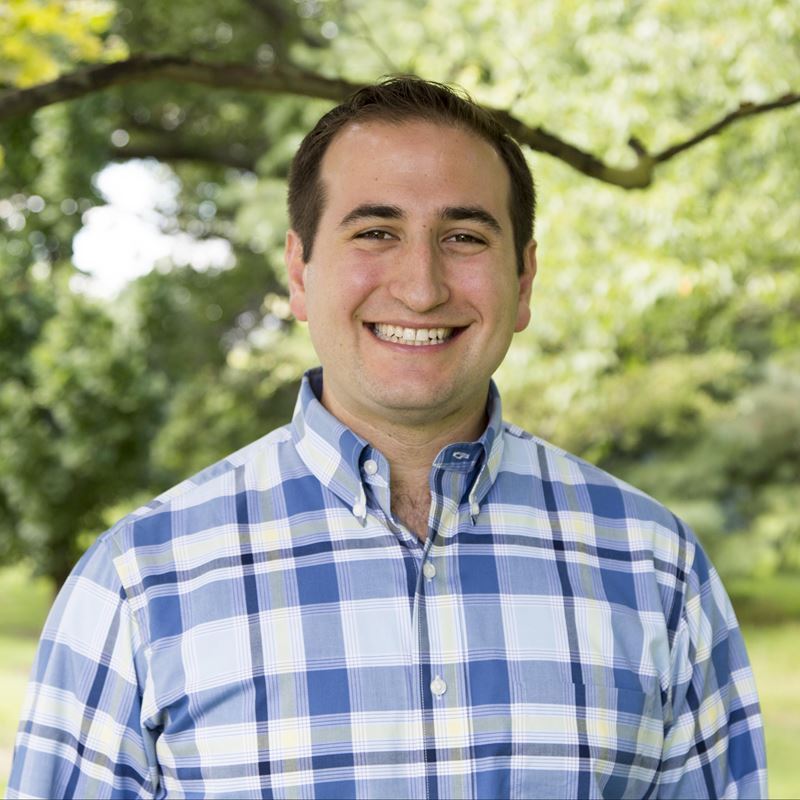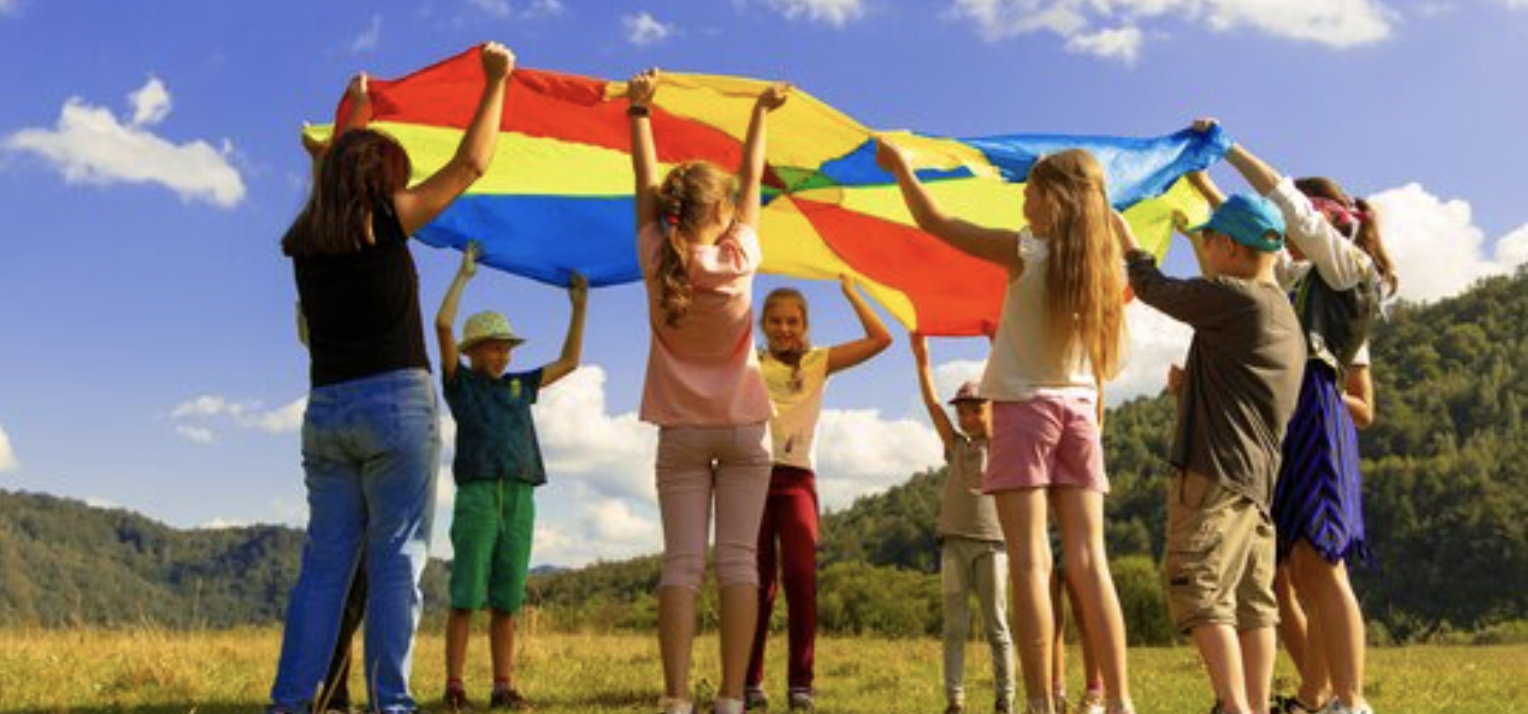When I was teaching at SAR High School, I would occasionally conduct a thought experiment with my students. I asked them to think about all the incredible educational activities and programs we ran and arrange them in order of importance to the institution’s educational goals. Invariably, most of the students would suggest things like Tefillah (prayer), Torah study, Israel education and general academics. They would make their case for why each of these should be considered the top educational priority for the school. Usually, toward the bottom of the list, they would include extracurricular activities, team sports, art, gym and Color War. At this point, they would ask me for my opinion, expecting that as a rabbi and teacher, I would most likely agree with their prioritization. To their surprise however, I would take their list and reverse it.
From my perspective, Color War is the most important educational program we run in Jewish schools and summer camps. Let me explain. To an outsider, Color War can appear like an extended break from the reality of school and academics. It is a chance to compete in sports, art, dance, music, cooking and all kinds of other competitions. There are no tests, no homework, no studying; in short, none of the traditional hallmarks of a typical school day. In the communal triaging we have done to figure out how to move our institutions online, this type of programming is often considered “extra” or less significant, and it is then dropped in favor of focusing on the “important” curricular and programmatic needs.
In my opinion however, the secret is that Color War takes all of the values and ideals – such as leadership, being a mensch and pursuing your passion – that we typically try to instill in our students and provides them with an opportunity to demonstrate these values in an entirely new setting of play, creative expression and healthy competition. When done well, Color War includes activities to fit every type of kid and their preferences, whether they are into sports or baking, learning Torah or making music videos, painting or dance, or all of the above. For two or three days, school is transformed from the academic grind and the focus on grades and scores to a place of play, fun, excitement and learning about yourself and your friends. Students often work harder and exhibit more passionate interest during this short period than at any other time during the school year. Students are given new opportunities to shine and to feel confident in themselves and their abilities. They interact with new peers with whom they don’t share classes and find new shared interests and ideas, which, in turn, strengthens the web of communal bonds.
When we examine the current era and the changes to our organizations wrought by the pandemic, I worry about these missing pieces. Our schools, synagogues and Jewish communal organizations have done an incredible job of transitioning programming to the new Zoom reality. There has been an explosion of innovative and exciting Jewish learning opportunities; synagogues are streaming live services and students attend Zoom school and continue to make academic progress. Similarly, within our offices, we have figured out how to navigate staff meetings, access our files and get work done remotely. But what about Color War and all of the other opportunities for “play” that we normally offer? Have we figured out how to offer these experiences in this new reality or have they slipped through the cracks? Zoom doesn’t allow for the same type of spontaneous interactions, side conversations and non-curricular experiences that we are used to when we get together in person. Instead, Zoom culture requires that we “Mute All Participants” and disable the chat function so as not to get distracted.
As the pandemic continues, our challenge must be to figure out how to incorporate more opportunities for “play” into our organizations and our online programming. Participants need these opportunities to build new connections, balance out the rigorous academic programming and find new ways to express themselves. Recently, I heard of one school here in Israel that has started doing occasional alternative programming days, with regular academic classes replaced by classes teaching juggling, art, baking and yoga. Many of you in the Wexner community have participated in the online game show Who Knows One? and forged new “Jewish Geography” connections across the distance. Families have adopted new rituals like Zoom Game Night or Zoom Shabbat meals. During the recent Pardes Winter Learning Intensive, our team incorporated creative expression break rooms between the classes where students taught yoga, art and music, and we ended the week with a Moth-style storytelling event. Besides simply adding variety to the schedule, these programs added a new layer to the online programming that helped to enhance the connections between our participants and created room for multiple types of learning and expression. These examples are crucial for the current moment, but they appear to be more the exception than the rule. We need to learn from these examples and create more like them.
While this is undoubtedly true for our students and participants, it is also true for us, the communal professionals making all these programs happen. During this period, our professionals may be getting their “important” work done and setting up dozens of Zoom meetings a week, but we’re also missing so much of the pre-pandemic work experience. Away from the office, without the spontaneous interactions, playful “water-cooler” gossip and team-building activities that characterize office life, our colleagues are apt to feel lonelier and more isolated than ever before. We must adapt and adopt new ways of injecting a playful spirit into our interactions and new rituals to help forge stronger bonds among our colleagues. The importance of this layer of office life is frequently overlooked, but these are often the experiences that add color and vibrancy to our work and that help us see ideas in a new light.

Photo by Artem Kniaz on Unsplash
Get To Know The Author
WGF/DS Alum Rabbi Michael Emerson (Class 23,) is the Associate Director of Marketing and Development at the Pardes Institute of Jewish Studies in Jerusalem, Israel. Michael is the former director of the Wexner Service Corps.

